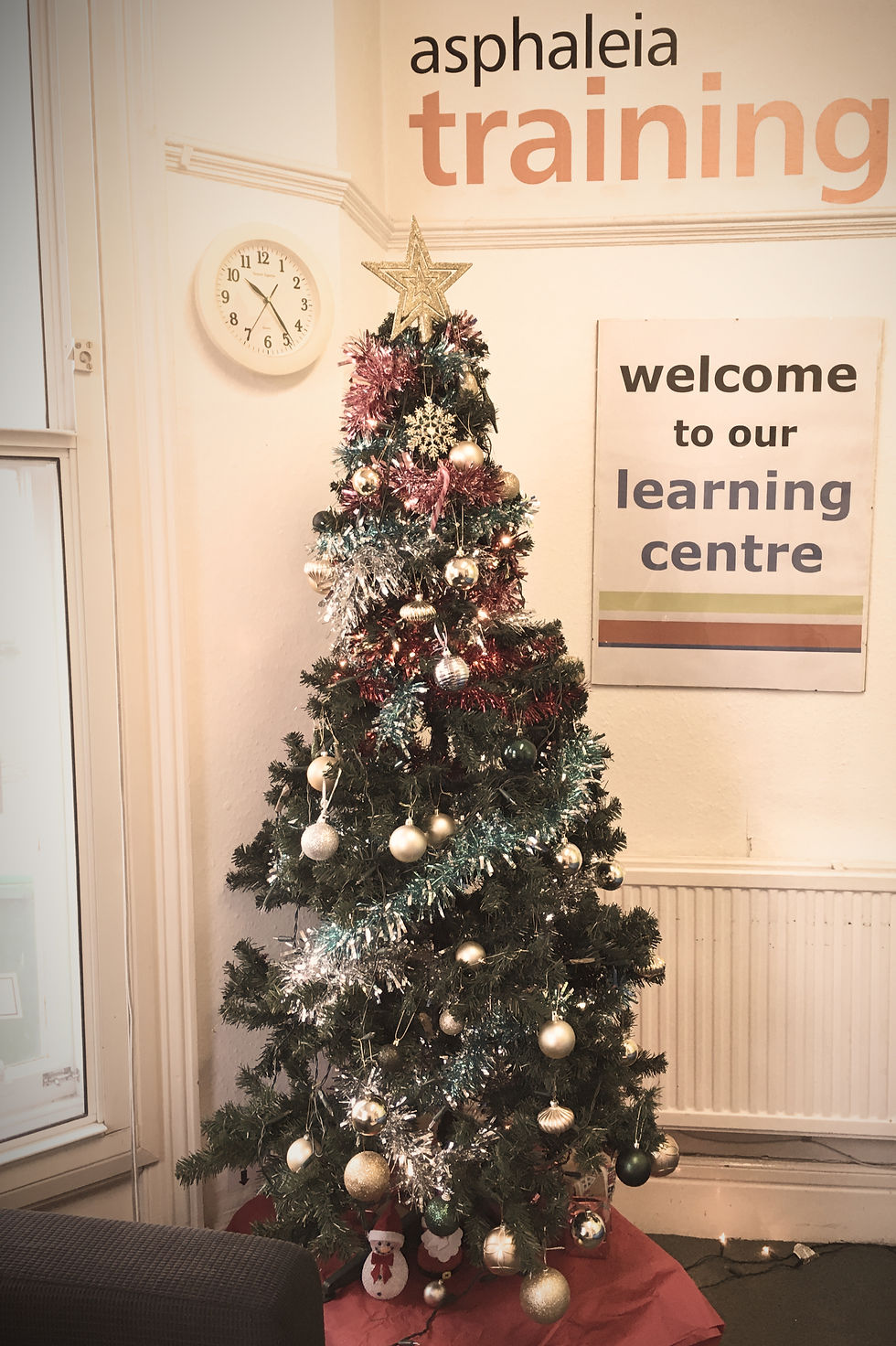wellbeing with Sally; coping with grief
- Jeni
- Apr 21, 2021
- 2 min read
Hi all,
Hope that you’ve been keeping well and are feeling good about lockdown easing. It has been a strange time and I think we have all done really well to get through it.
Given the very recent loss of Prince Philip and thinking about how many have died from Covid, I thought it would be good to have a quick look at grief. When someone dies, what does grief look like and what are useful tips to help us come through these tough times?
the five stages of grief
Denial – you may deny that it has happened.
Anger – you want to blame someone and may ask ‘why is this happening?’
Bargaining – you want to change what has happened and may be thinking, ‘make this not happen and I will do something in return.’
Depression – this is where you feel very sad and low due to what has happened – you may feel like you are too sad to do anything.
Acceptance – this may take time but it is when you are finally at peace with what has happened.
If you are experiencing any of these above emotions following a loss, please be assured, these feelings are normal and you will heal in time. You may not go through all of these stages of grief and there’s no right or wrong in terms of what stage you should be in.
Grief can be an emotional rollercoaster, which is usually worse at the beginning. It takes time to work through a loss, even after years, we can still be hit with feelings of grief that may have been triggered.
People that experience grief may experience the following physical symptoms:
Fatigue
Nausea
Lowered immunity
Weight loss/gain
Aches and pains
Insomnia
things that can help
Seek support - it is important to express your feelings when you are grieving. Even just being around caring people can help you feel better. Turn to family and friends and the people that are close.
Accept that some people feel awkward talking about grief – some people might not know what to say to you and may therefore feel awkward. They may say the wrong thing. But they still care.
Join a support group – whether it be on social media or in person, sharing sadness with those who are experiencing grief as well can be a comfort.

Talk to a counsellor – this can help you work through the emotions.
Try to maintain your hobbies and interests – there is comfort in keeping to your usual routine. Try and stay engaged in the activities that bring you happiness. This in turn, can help you come to terms with the grieving process.

Look after you physical health – the mind and body are connected. If you are getting enough sleep and are eating well, you will feel better emotionally. Try to avoid using drugs and alcohol to numb emotional pain.
So take care of yourselves during these times and find comfort where you can. The most important thing to remember is that time does heal and things will change and get better.
This content is general information only, not advice. If you or someone you know is struggling with a mental health issue, please contact a mental health professional or contact the Samaritans.






